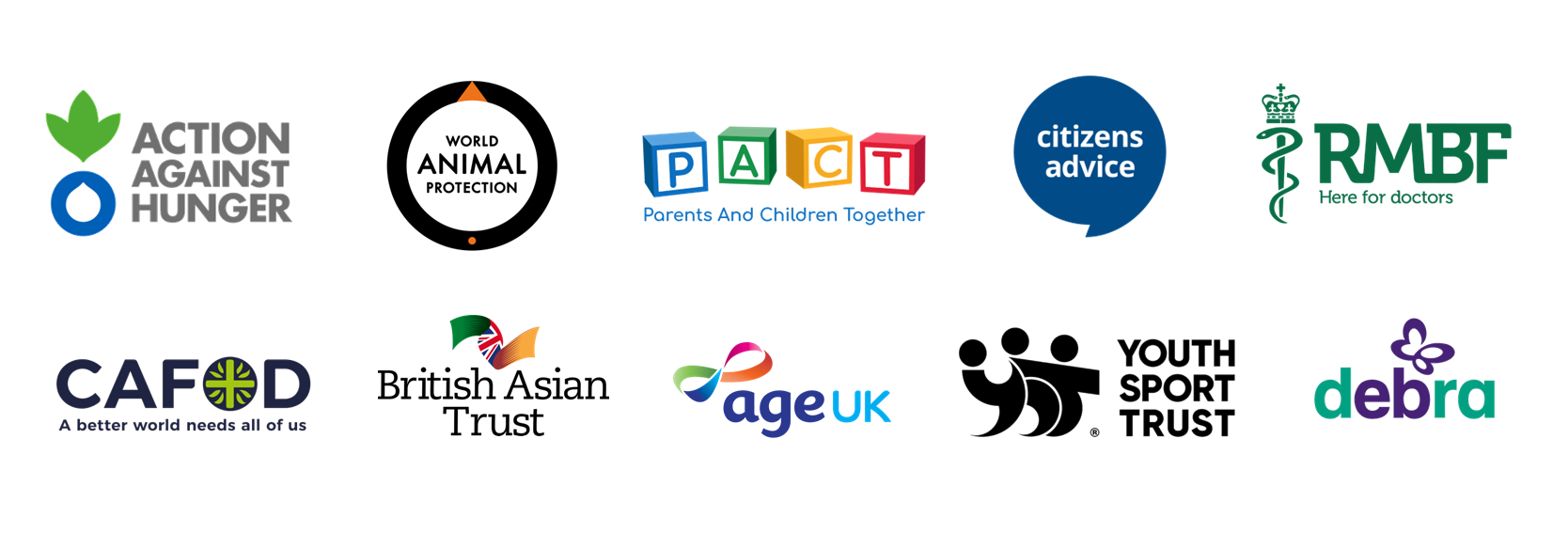Finance

Placements in the last five years


Regularly-recruited roles
Head of Finance
Finance Manager
Finance Director
Financial Controller
Finance Business Partner
Payroll Manager
Credit Controller
Management Accountant
With an exceptional track record of success in both charity and finance recruitment, our team are genuine specialists in this field and ideally placed to find the very best finance professionals from both within and outside the charity sector.
What really sets us apart from the bigger city-based finance recruiters is that we work exclusively for the charity and not for profit sector, so you're always our number one priority. That means we're genuinely invested and committed to delivering outstanding appointments for you, because we only succeed by helping you to do the same.
Jobs: Finance
Specialists in this area:
Placements in the last five years
Regularly-recruited roles


Head of Finance
Finance Manager
Finance Director
Financial Controller
Finance Business Partner
Payroll Manager
Credit Controller
Management Accountant
With an exceptional track record of success in both charity and finance recruitment, our team are genuine specialists in this field and ideally placed to find the very best finance professionals from both within and outside the charity sector.
What really sets us apart from the bigger city-based finance recruiters is that we work exclusively for the charity and not for profit sector, so you're always our number one priority. That means we're genuinely invested and committed to delivering outstanding appointments for you, because we only succeed by helping you to do the same.
Jobs: Finance
Specialists in this area:








